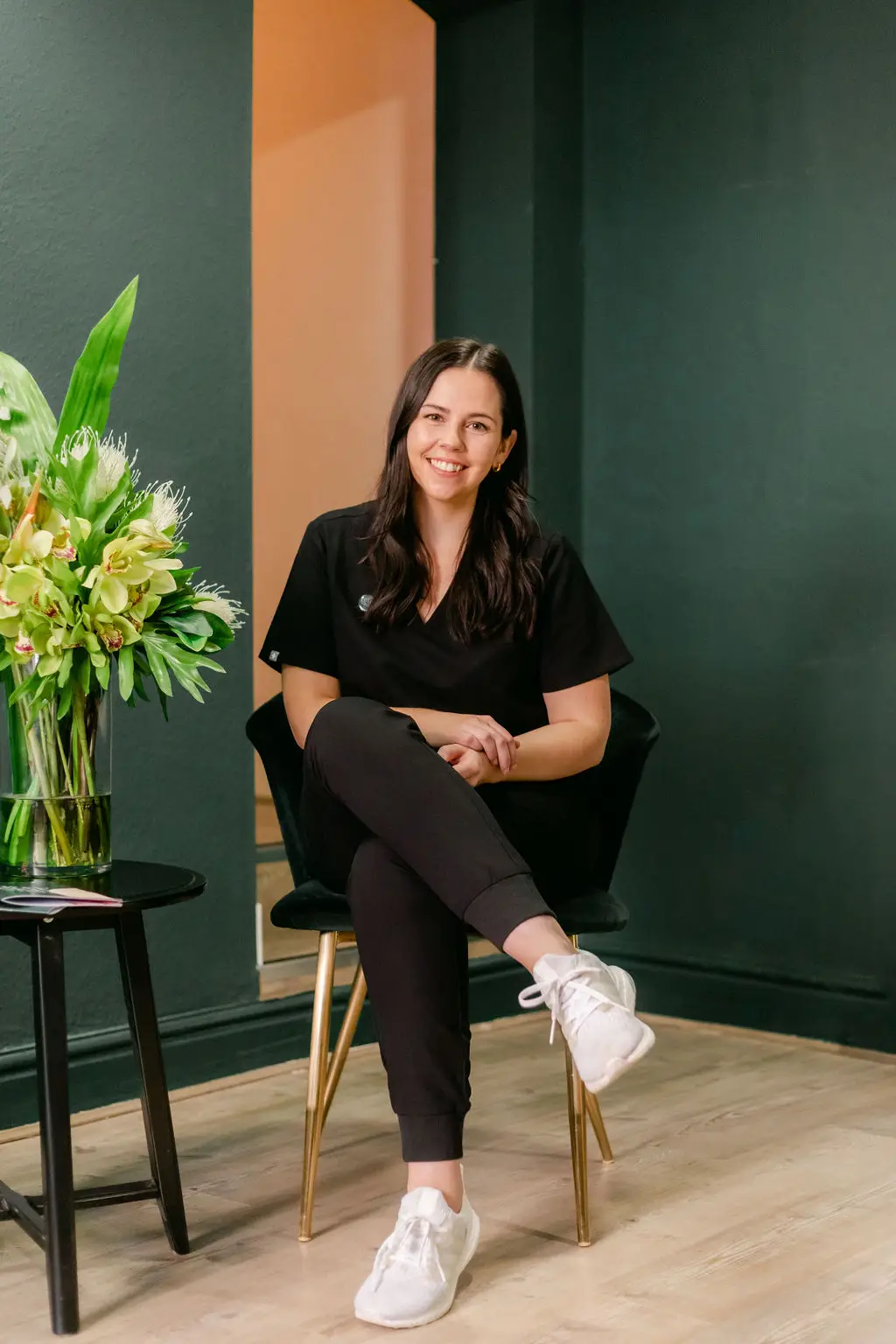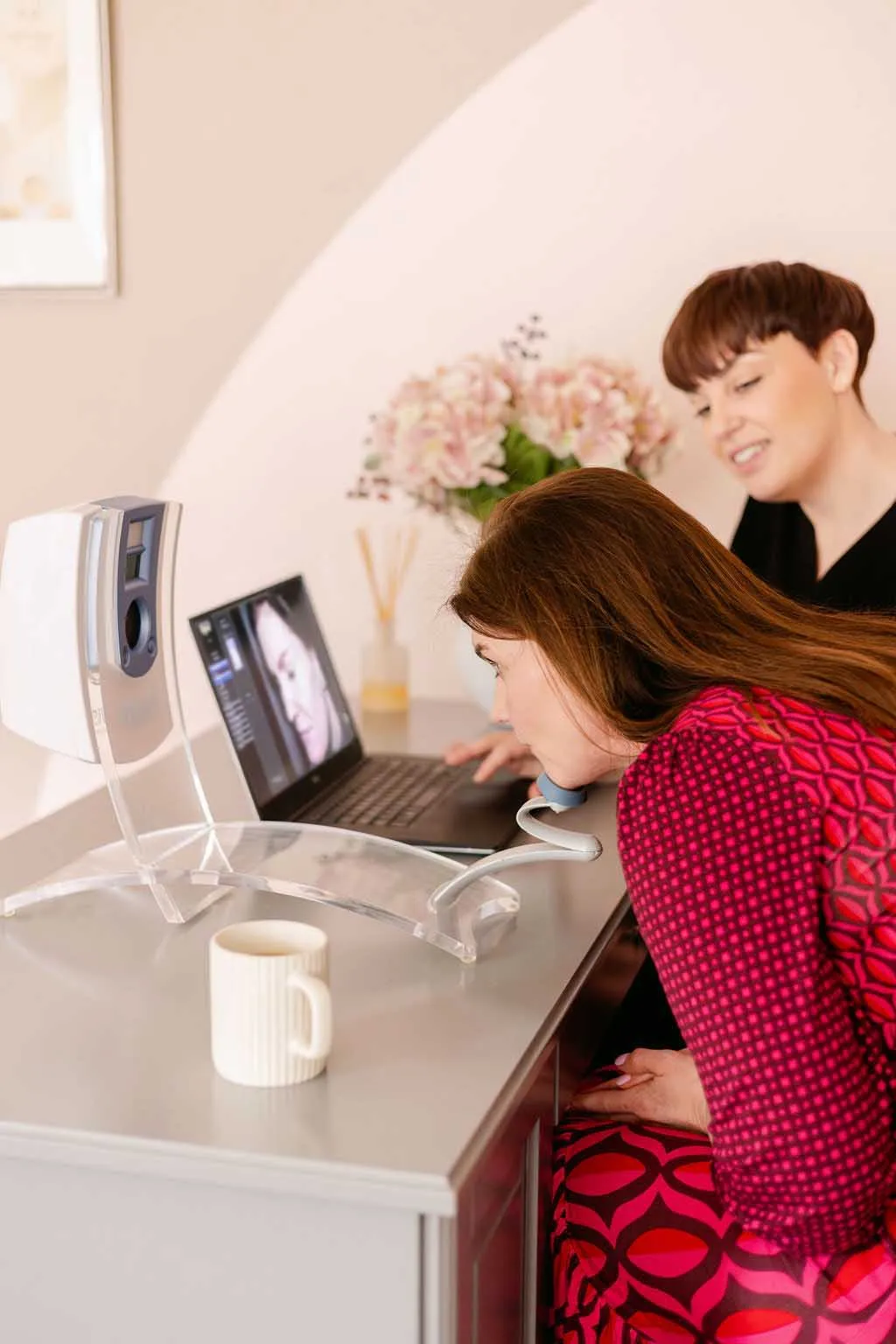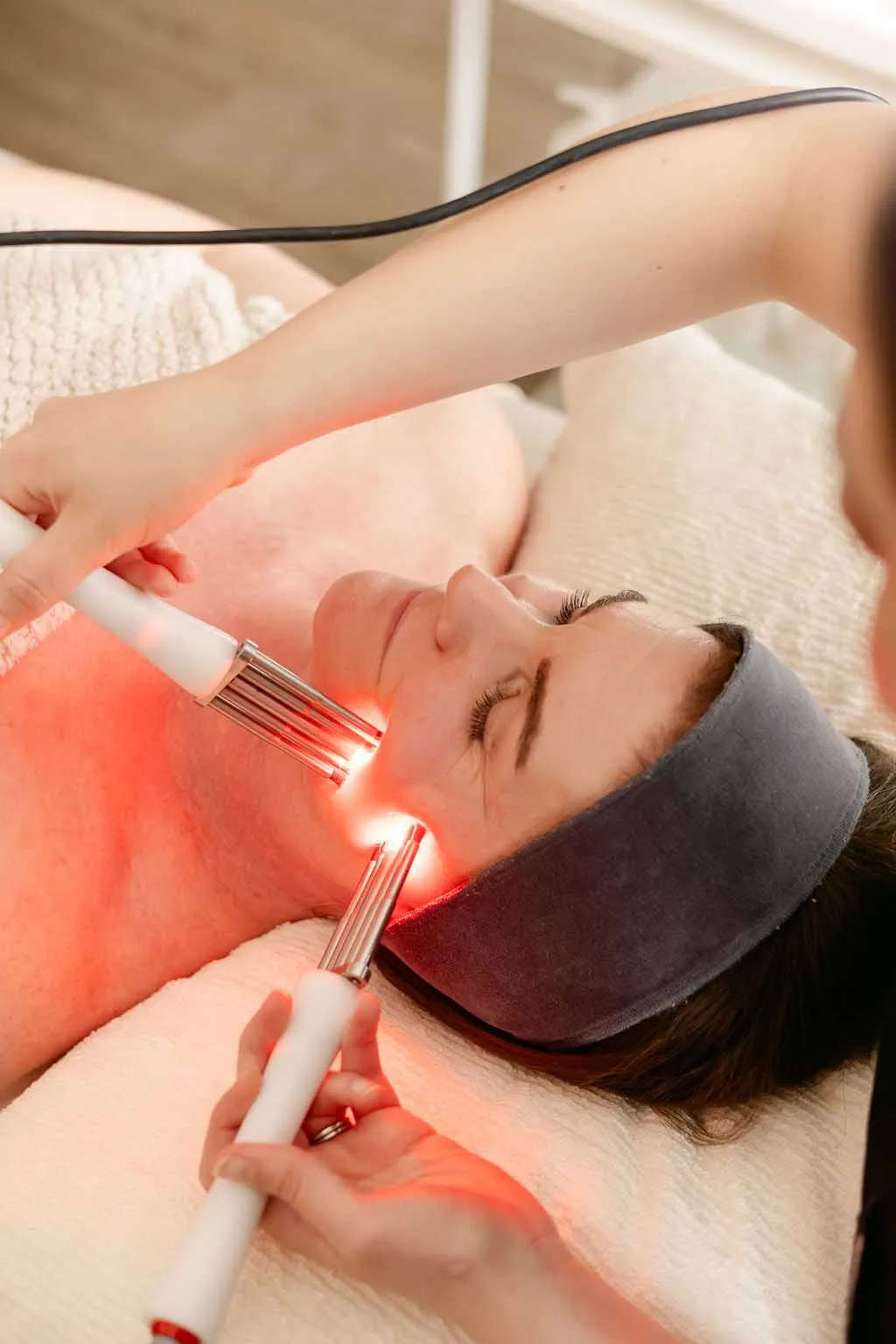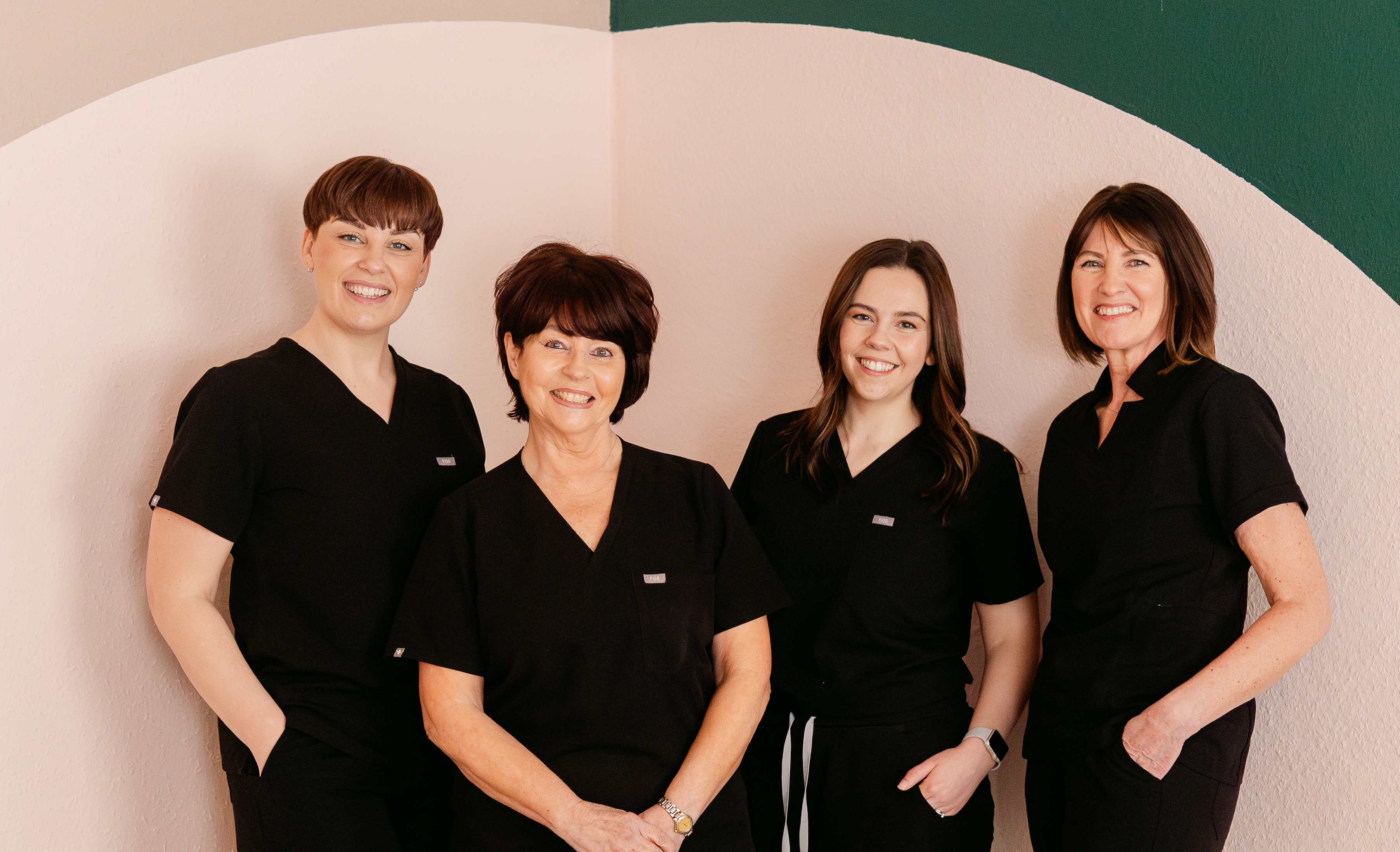What is skin cancer?
There are 2 main types of skin cancer – non melanoma skin cancer and melanoma skin cancer.
Non melanoma is a more common type of skin cancer, arising usually from keratinocyte cells, which includes:
- basal cell skin cancer – this is also called basal cell carcinoma (BCC)
- squamous cell skin cancer – this is also called squamous cell carcinoma (SCC)
Melanoma is a more serious type of skin cancer, arising in the melanocyte cells, that is more likely to spread to other areas of the body if not found and treated early.
Contact your GP if you have an area of skin such as a spot, sore, ulcer or lesion that you are worried about or has not healed after 4 weeks.
Skin cancers can look very different and the symptoms can vary. Some of the symptoms are similar to other conditions. Common symptoms of skin cancer include a sore or area of skin that:
- doesn’t heal within 4 weeks
- looks unusual
- hurts, is itchy, bleeds, crusts or scabs for more than 4 weeks
What to look out for
A sore that doesn’t heal
The sore can look see through, shiny and pink or pearly white. It can also look red. It may feel sore, rough and have raised edges.
Ulcer
Look out for an area of skin that has broken down (an ulcer) and doesn’t heal within 4 weeks, and you can’t think of a reason for this change.
A lump
This might be small, slow growing, shiny and pink or red.
Red patches on your skin
These red patches could also be itchy. This could be due to other non cancerous skin conditions. But get it checked to make sure.
Freckles or moles
A change to a mole or freckle can be a sign of melanoma.
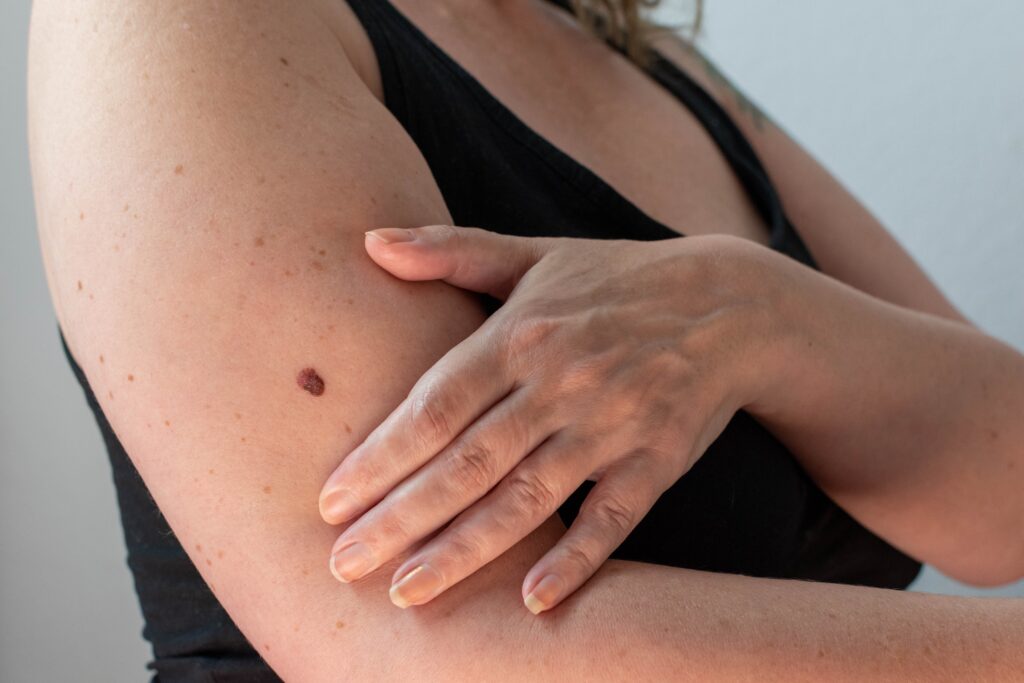
What to look out for:
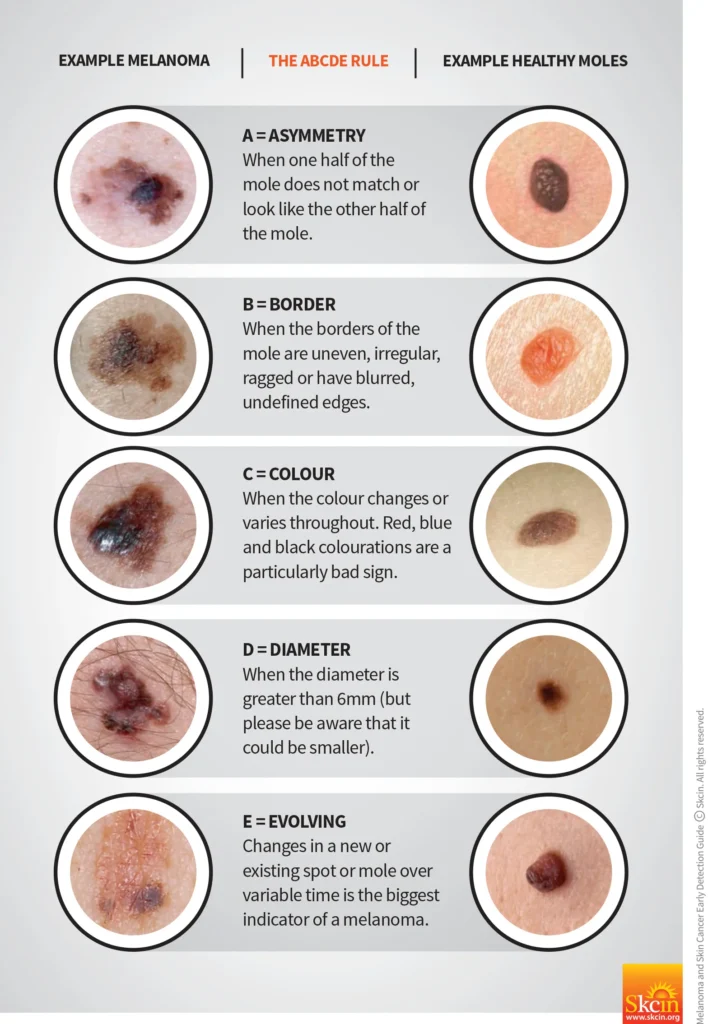
Prevention of skin cancer
- Seek the shade, especially between 10 AM and 4 PM.
- Don’t get sunburned.
- Avoid tanning, and never use UV tanning beds.
- Cover up with clothing, including a broad-brimmed hat and UV-blocking sunglasses.
- Use a broad-spectrum (UVA/UVB) sunscreen with an SPF of 15 or higher every day. For extended outdoor activity, use a water-resistant, broad- spectrum (UVA/UVB) sunscreen with an SPF of 30 or higher. We have a vast range of these kind of sunscreens at the Studio – pop in to find a sunscreen to suit you!
- Keep newborns out of the sun. Use sunscreen on babies over the age of six months.
- Examine your skin head-to-toe every month – we have a link to a self-detection exam here
At Elite, while we’re not dermatologists or GPs, we are committed to promoting skin health and providing you with the resources you need to stay safe in the sun. Feel free to reach out to us if you have any questions or concerns about skin cancer prevention.


